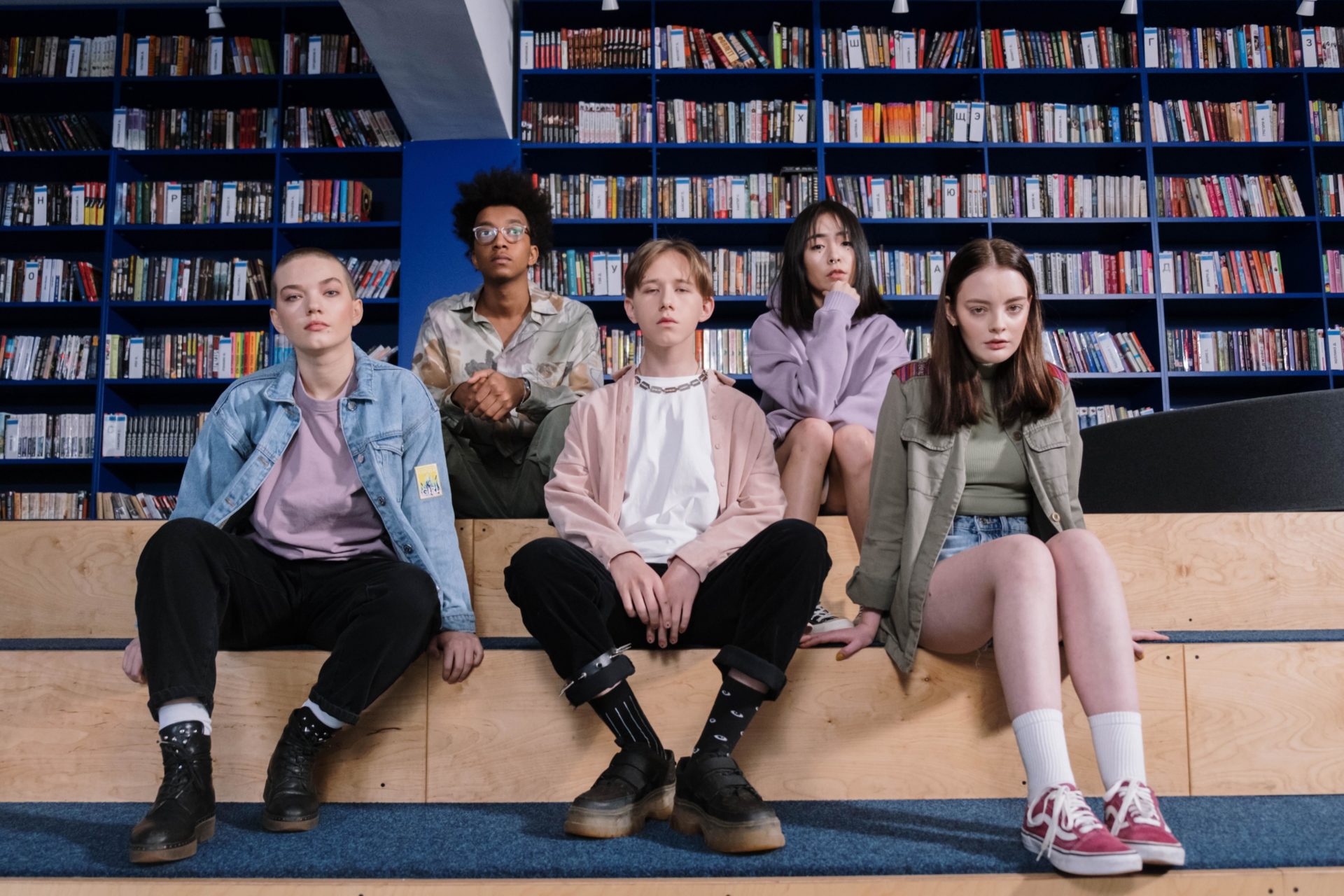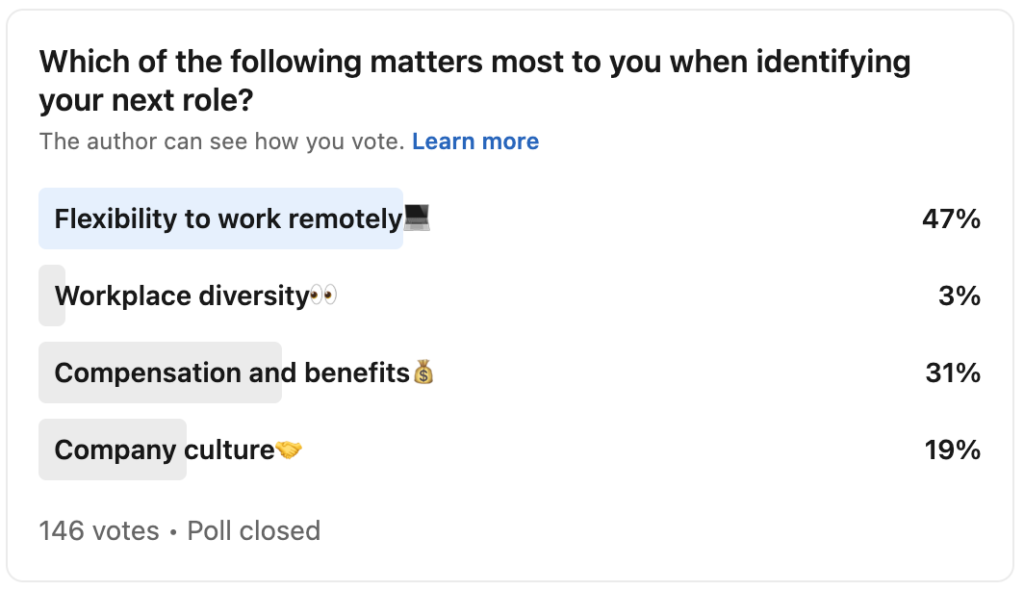
Move over millennials. Members of Generation Z are taking over work as we knew it and helping roll out important changes as we speak.
Indeed the most-talked-about group has a say on matters that affect their jobs and lives.
The future of work in the hands of the Gen Z workforce is a timely subject. It’s something that managers, companies, and workers themselves would want to know for sure. Here it goes.
So, who is Generation Z?
Like any generation before or after it, Gen Z is not homogenous. To simplify and get to know them better, let’s start with attributes that would make one a Gen Zer:
- Late ‘90s. A Gen Zer is someone born from 1997 to 2012, per Pew Research Center. Some employ different time periods to classify Gen Zs, e.g., those born between 1995 and 2010 and between 1996 and 2015.
- Generation names. While the Gen Zs or Gen Zers caught on, post-millennials, zoomers, and centennials have been used to refer to the group, as noted by ThoughtCo.
- Digital natives. Generation Z and gadgets have a natural chemistry as its members were born at the time when the internet and digital technology are on the rise (Our World in Data charts).
- Highly educated. According to Pew Research, Gen Zers are on track to be the best educated generation, based on their educational pursuits and their parent/s holding college degrees as well.
- Ethnically diverse. GenZers were the most racially and ethnically diverse among other generations, as per the same Pew Research report published in 2020.
According to the World Economic Forum (WEF), Gen Z will have constituted 27% of the workforce in OECD countries by 2025.
With more members of this generation joining or are in the workforce, what would be the future of work?
1. The importance of diversity, equity, and inclusion
One can easily presume that Gen Zers’ background and exposure to different perspectives and settings contributed to why they think the way they do and would like to see that kind of thinking in their work environment.
Their requirement for diversity and inclusion is evident in multiple surveys, including a Monster.com one revealing that 83% of Gen Z candidates consider an employer’s commitment to inclusion and diversity.
It’s the coming together and working with people regardless of race, gender, age, identity, disability, sexual orientation, and perspectives and views.
Gen Z members are well aware and immersed in societal issues through social media platforms that have shaped their mindset. They have rallied for causes and mobilised social movements that resulted in actual change or raised more awareness.
Zoomers, who are likely the first to call out any injustice, inequality, or irregularity, would consequently want to work in companies that reflect their core values and allow them to participate in doing something good for society. They themselves are very vocal in supporting brands that promote DEI and representation.
How about Equity
Equity complements diversity and inclusion by leveling the playing field. Ideally a company would support their employees’ professional growth through clear career paths and promotions.
Being equitable can include removing or loosening barriers that lock out talented people from opportunities. For example, candidates in underserved communities don’t pass the screening because they are not a graduate of a bachelor’s degree.
Companies can look into skills training and development for employees. Gen Zers are keen on joining organisations that let them build and improve their skills.
2. More than just a paycheck
Like every working professional, Gen Zs worry about their finances. They have seen the COVID-19 pandemic pummeling the economy, leaving many without jobs, and upending their life and career prospects.
Gen Zers care about getting their paycheck but are balancing the need to make money with their happiness and growth. Add to that their interests and advocacies.
Gen Zers have the skills and academic credentials to back any demand for better pay or salary increase.
Aside from pay, there are two things that would make them quit. One is when the job becomes dull or too much for them that they are nearing burnout. Second is when they are ready to start a business out of something they love like a side hustle.
Their love for gaming, fashion, beauty, tech, fitness, food, personal finance, etc. has resulted in interesting startup ventures ranging from NFTs to job search. Some have also succeeded as influencers and earn well on streaming sites and platforms for creating content based on their interests.
3. Tech-savvy generation
Gen Zers practically grew up in a world that is connected and borderless thanks to the internet and myriad devices.
Back in 2018 they spent almost 3 hours on average a day on social media per Global Web Index. Nowadays, Gen Zers are on social media primarily to play games, listen to music, and engage with user-generated content, according to Deloitte’s 2022 digital media trends survey.
As digital natives, Gen Zs are generally comfortable with gadgets for every aspect of their lives or even corner of their homes. This adaptability is a must nowadays because technology is ever-changing and work conditions can change in an instant.
The remote work setup during the pandemic is not really that new to digital nomads and freelancers. Still it was a trial-and-error time for first-timers with all communication and operations done at home and online.
Gen Zs are not that easily perturbed by “high-tech” or its potential hiccups and failures. They know that they quickly access information by turning to Google, YouTube, TikTok, coworkers, or random internet users.
Work smart may as well be the mantra of this generation that can effortlessly work with technology to simplify their workflows and boost productivity. Their readiness to learn new things helps lets them get work done as efficiently as possible.
4. Mental health is a priority
Gen Zers and their phones may be inseparable, with the gadget being a tool to manage theirr daily tasks, but that doesn’t mean they are available to answer to anyone after office hours. And some of them are not afraid to raise that issue or set boundaries for the sake of their mental health.
It’s not surprising for a Gen Zer to be more inclined to discuss such topics at work because these are freely discussed online or among their peers. Social media has somewhat normalised sharing experiences and views regarding mental health, self-care, work-life balance, etc.
Like their close predecessors, Gen Z workers are consistent about prioritising their mental health and acknowledge problems/issues that could impede their work. Understandably, companies that have clear wellness and mental-health programs would be at the top of their list.
Burnout is an occupational phenomenon affecting employee health and company finances du to poor attendance and performance. The pandemic has also taken a toll on workers’ well-being.
5. Remote and flexible working option is a must
If there’s a silver lining to the pandemic, it’s overturning the prevailing life and work culture. That it is possible to get enough sleep and rest, eat healthily, and have a life outside one’s main occupation.
For flexibility to work remotely to rank first place on our poll at LinkedIn is not a surprise, really. Almost half of the respondents (43%) chose it over compensation and benefits (31%). Company culture and workplace diversity followed suit with 19% and 3% of the total votes, respectively.

This sentiment is almost universal and something that Gen Zers can share: the ability to work from home or anywhere with reliable internet connection as not just a contingent plan but a permanent work option. Flexibility and work-life balance are top priorities for them, after all.
Flexible work arrangements also ranked second on factors that motivate people to stay in their current jobs, according to this report. More flexibility is also something employees want their companies to prioritise in 2022.
Working from home has freed up time and energy to be with loved ones, do household chores, study, and so on. It’s also not a barrier to productivity, which has reportedly remained stable or even increased.
When workers are happy, they are happy doing their jobs. They also feel that their employers care about them. Zuckerberg considers working remotely too.
Final thoughts
Companies can certainly learn from the Gen Z mindset:
- Robust mental health programs help mitigate workers’ burnout and stress. Employer support is necessary with mental well-being taken as a work-related issue and not just a personal concern.
- Flexibility is key in attracting or retaining employees. Unless there are serious productivity gaps and impediments, companies should be open to the idea of offering remote work as part of normal operations.
- Technology is indispensable, and Gen Zers can definitely work with it.
- Diversity, equity, and inclusion are key intangibles for the young members of the workforce. They want to see themselves thrive in companies taking active charge toward change.
The future of work is Generation Z. It’s their time to shake the workplace and the wider world with their ways of thinking and doing things.







